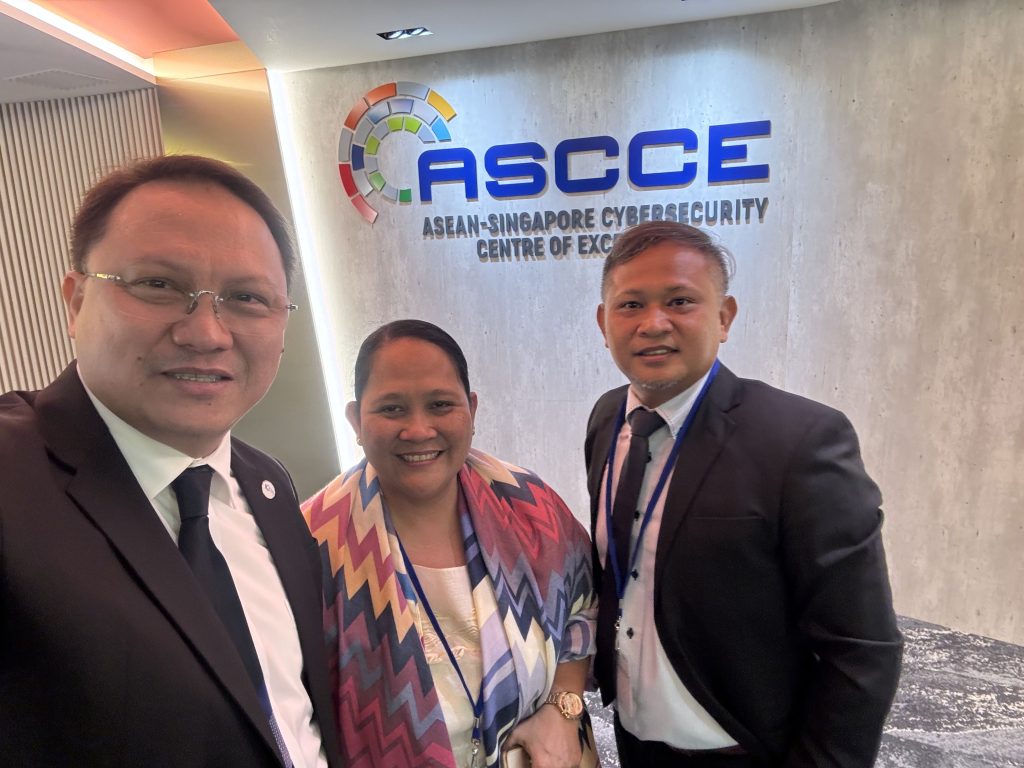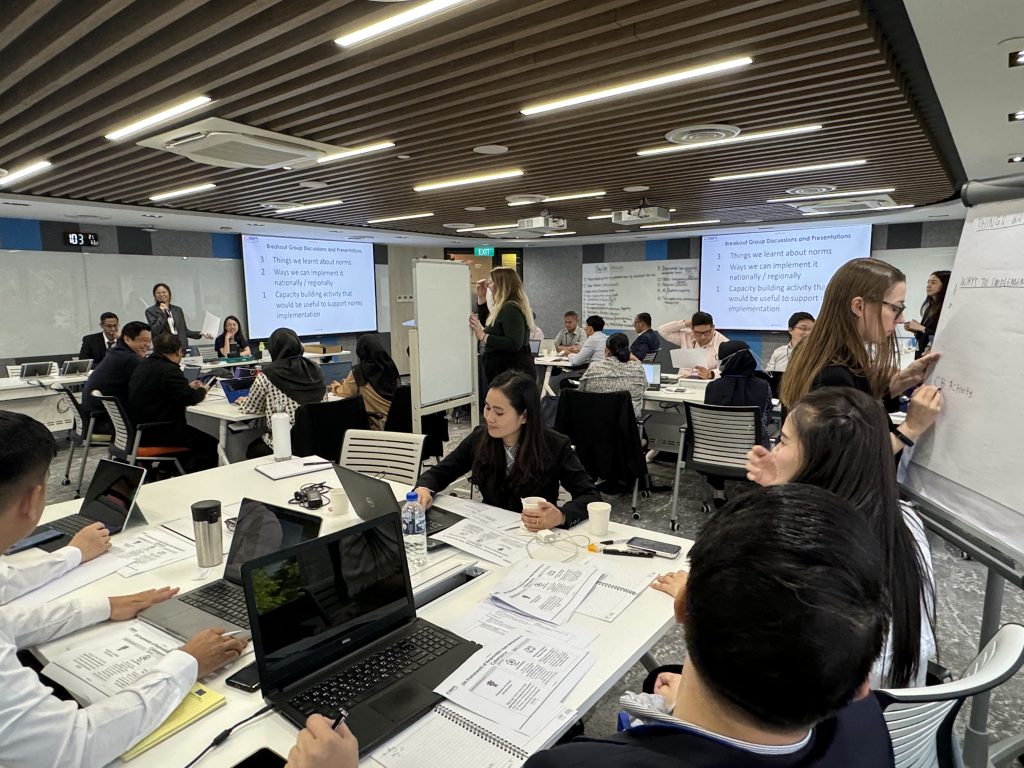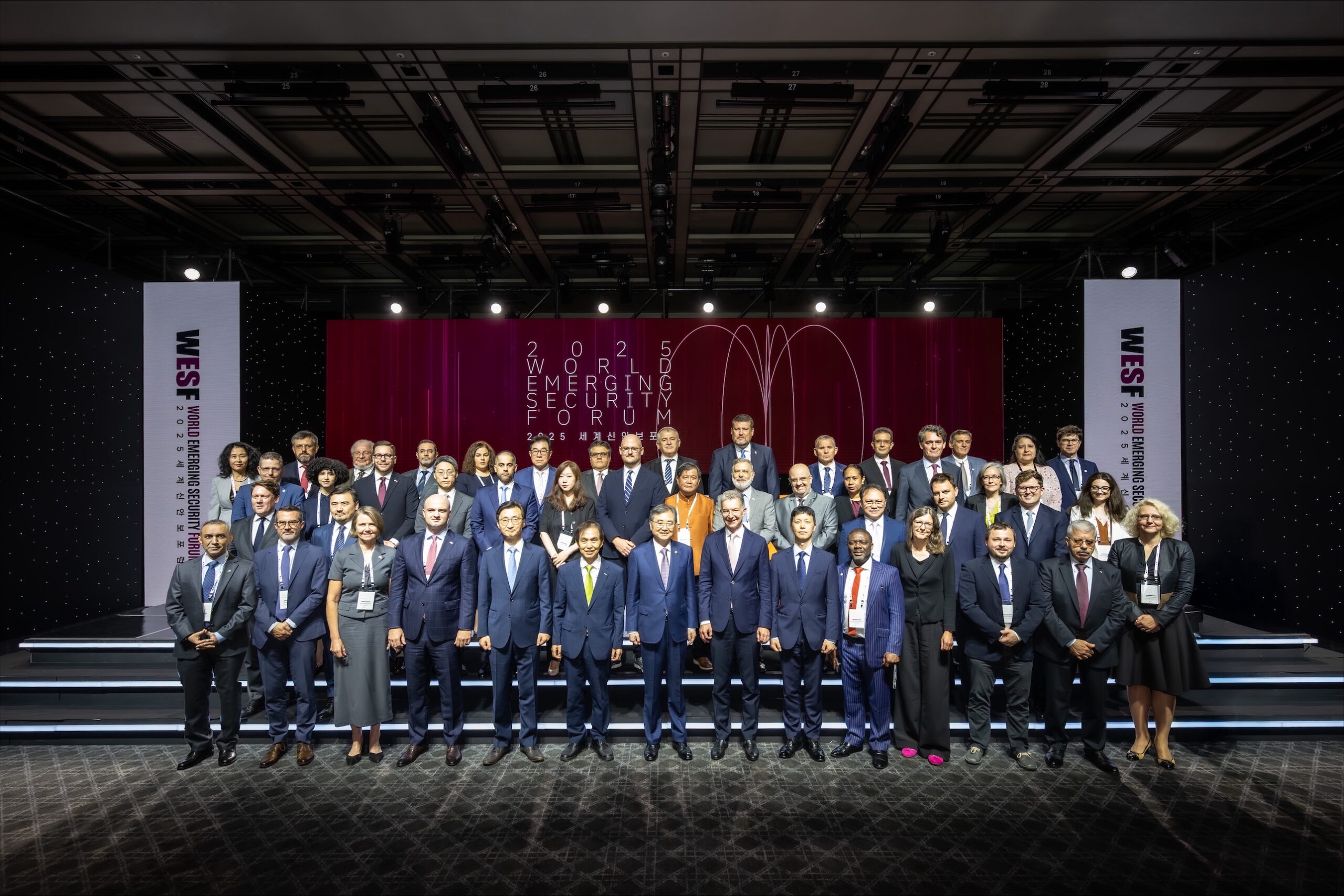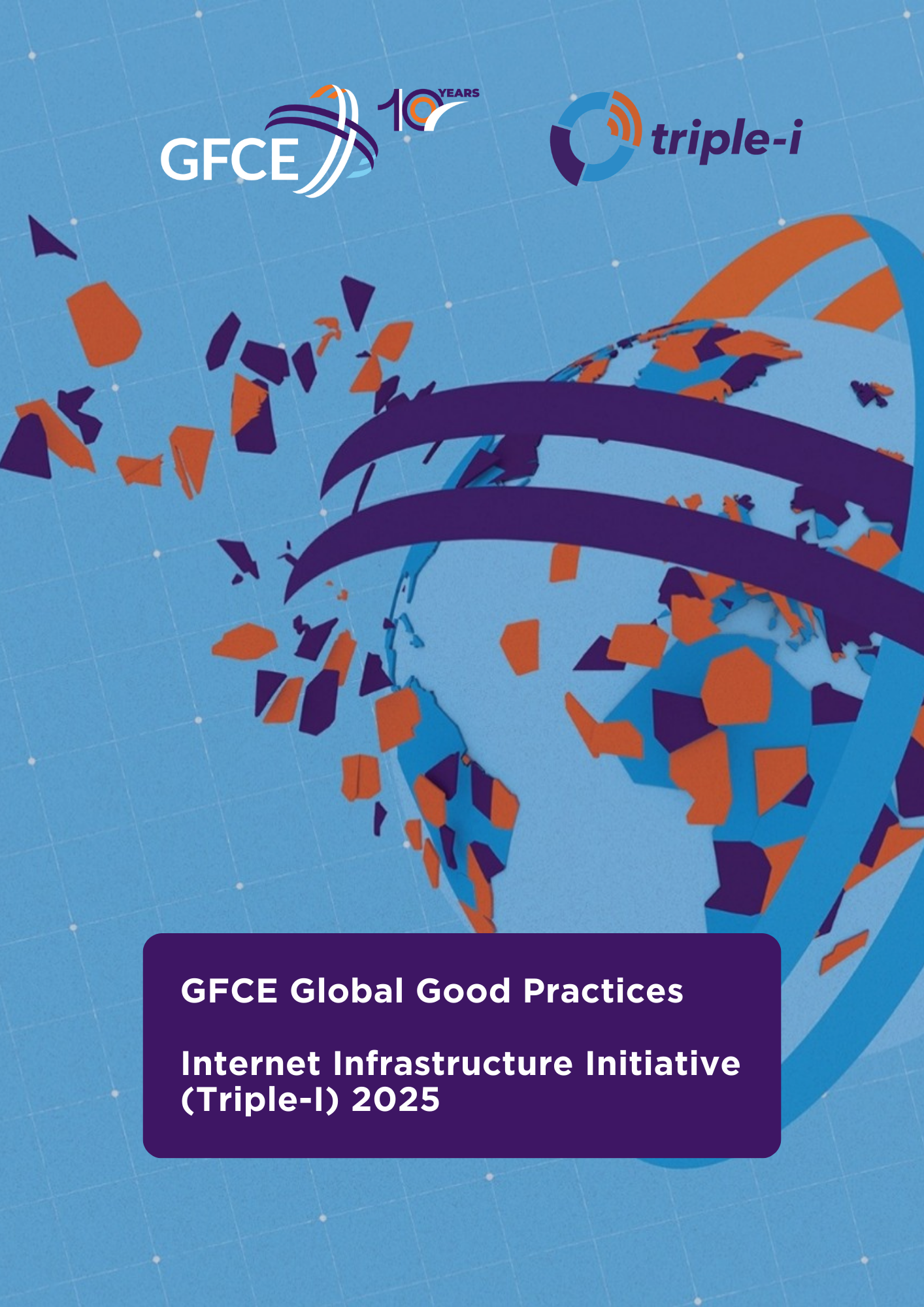The Global Forum on Cyber Expertise (GFCE) Southeast Asia Hub recently took the stage at the US-Singapore Third Country Training Program, showcasing its leadership in addressing regional cybersecurity challenges. From elucidating the crucial 11 norms guiding responsible state behavior to conducting needs assessments for ASEAN Member countries, GFCE’s role in fostering regional cooperation and tactical readiness against cyber threats is nothing short of groundbreaking.
The Global Forum on Cyber Expertise (GFCE) Southeast Asia Hub participated in the recent US-Singapore Third Country Training Program held from February 19 to 23, 2024. Hosted at the ASEAN Singapore Cybersecurity Center of Excellence (ASCCE) in Singapore, the event garnered participation from middle to senior officials representing ASEAN Member States and the ASEAN Secretariat. Organized under the auspices of the US State Department, the workshop stood as a testament to the growing importance of international collaboration in addressing cybersecurity challenges. As one of the distinguished speakers and workshop facilitators, GFCE brought a wealth of expertise and insights to the forefront of discussions surrounding cybersecurity norms, cyber needs assessment of ASEAN Member countries, regional cooperation, and tactical exercises aimed at combating cyber threats.
One of the program’s focal points was the exploration of the 11 norms on the rules of behavior in cyberspace, which serve as guiding principles for responsible state behavior in the digital realm. GFCE elucidated the significance of these norms in fostering a secure and stable cyberspace ecosystem and underscored the importance of adherence to these norms to mitigate the risk of cyber conflicts and promote international cooperation.
Moreover, the GFCE played a central role in conducting needs assessments of ASEAN Member countries, gauging their cybersecurity capabilities, and identifying areas for enhancement. By leveraging a deep understanding of the regional cybersecurity landscape, GFCE provided invaluable insights to policymakers and practitioners, paving the way for targeted capacity-building efforts tailored to the specific needs of each nation.
The workshop also served as a platform for fostering regional cooperation in addressing common cybersecurity challenges. GFCE facilitated constructive dialogue among participants, emphasizing the need for collaborative approaches to tackle cross-border cyber threats effectively. The program’s highlight was the tabletop exercise on cyberattacks related to the 11 norms. It allowed participants to simulate real-world scenarios and test their response capabilities. GFCE’s guidance during this exercise ensured that participants gained practical insights into incident response protocols and the importance of coordination in mitigating cyber incidents.

Mr. Allan Salim Cabanlong, GFCE Southeast Asia Hub Director, with Mr. M. Soleh Irawan, ASEAN Secretariat, and Ms. Welfe Veras of the Philippines Department of National Defense shared their vision on how regional collaboration helps achieve cyber resilience in the ASEAN way.The GFCE’s participation as a speaker and workshop facilitator at this event enriched the discussions and laid the groundwork for concrete action to enhance cybersecurity resilience across the region. As cyber threats continue to evolve, collaborative initiatives like these are crucial for building collective resilience and safeguarding nations’ digital infrastructure.



